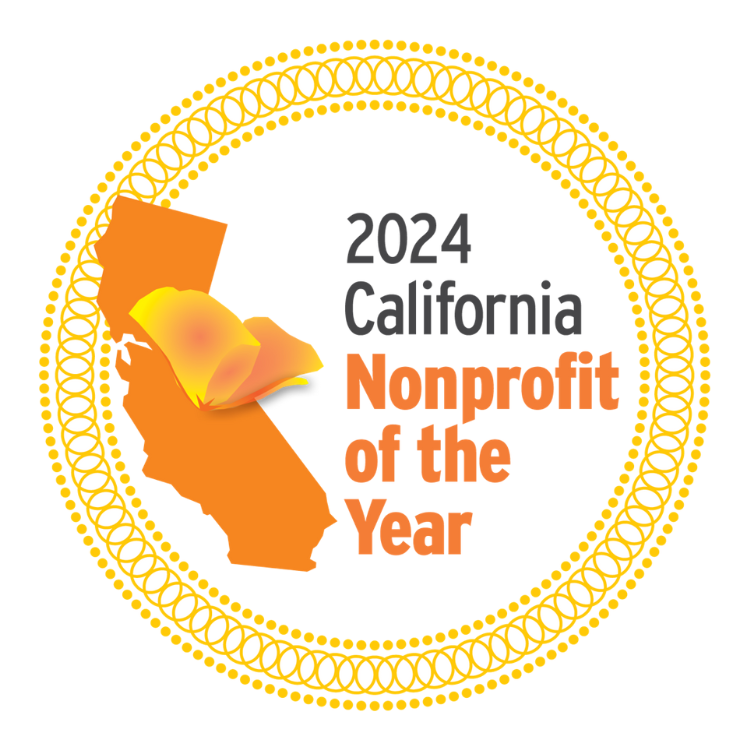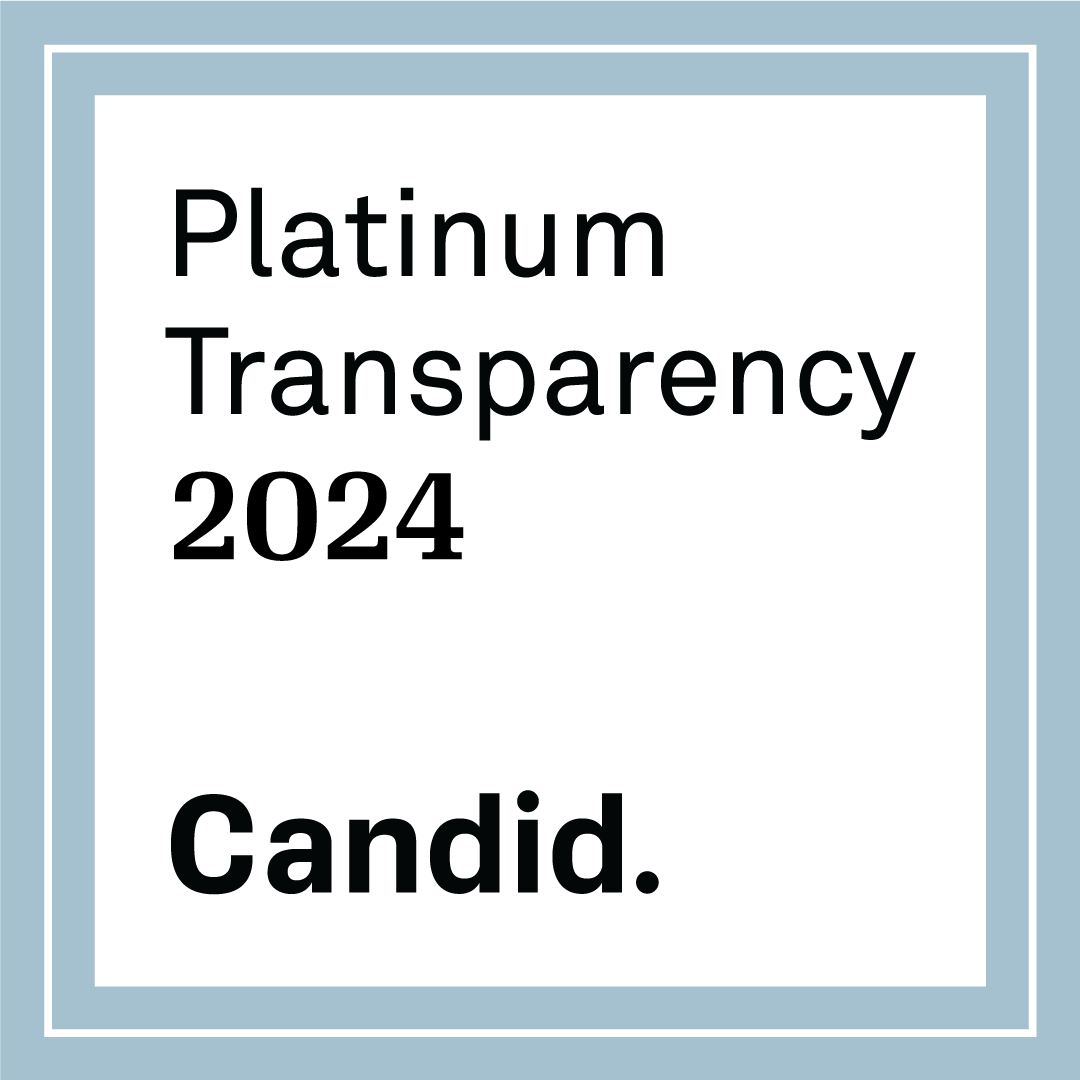King Tides Provide Preview of Risk to Huntington Beach Desalination Plant Location
Coastkeeper says development is susceptible to damage from tsunami, earthquake and sea level rise
ORANGE COUNTY – January 21, 2016 – This Thursday and Friday, king tides – some of the highest annual tides – arrive on Orange County’s coast giving a glimpse of what shorelines will look like in 20 to 50 years due to sea level rise. According to Orange County Coastkeeper, the proposed location for the billion-dollar Poseidon desalination plant in Huntington Beach is in a vulnerable area because of rising sea levels, but also because it lies in a tsunami-inundation zone and near earthquake-prone fault lines. The water protection non-profit says the desalination project is not worth the associated money or risk.
The site for the desalination plant is in Huntington Beach next to the AES Power Plant, an area that the California Geological Survey says would be vulnerable to major flooding in the event of a tsunami. In addition, the Poseidon plant lies on the south branch of Newport-Inglewood fault, an area with high liquefaction potential. In the likely event of an earthquake, the land could turn to a quicksand consistency.
“On top of the indisputable threat of sea level rise, the site location is extremely vulnerable to natural disasters,” says Garry Brown, executive director of Orange County Coastkeeper. “A worthwhile investment in our water supply is better put into expanding the wastewater recycling program, which is world renowned, economical, energy efficient and in a safe investment and with out the environmental impacts that desalination guarantees.”
During this year’s December king tides, Huntington Beach officials were forced to build large sand berms to protect beachfront properties and replace several storm drain pump stations. Coastkeeper says the January 21 – January 22, 2016, king tides will have a similar impact to the coastal region, giving residents a visual of a flooded proposed desalination location.
“In the near future, Orange County residents can expect these emergency measures to become an everyday reality. If Huntington Beach moves forward with the Poseidon desalination plant in this location, the project will require structural protective barriers such as seawalls, groins, breakwaters and other coastal armoring structures,” says Brown. “These measures — which add to the extra cost — are to protect against sea level rise, but if the plant is hit by an earthquake or tsunami, it could be severely damaged— contradicting the claims of water security in the case of emergency.”
Currently, Poseidon is working with Orange County Water District on a term sheet to buy the water – which recently changed from a 30-year agreement to a 50-year water agreement. Coastkeeper says that many studies show projected sea level rise around 15 inches or more in the next 50 years — meaning the location is at serious risk of flooding before the agreement is up.
The Huntington Beach desalination project site can be seen at 16910 Pacific Coast Highway — Magnolia and Pacific Coast Highway. The best times to view the flooding are during the high tides.
- Jan 21, 2016, 6:52 a.m.
- Jan 22, 2016, 7:35 a.m.
Coastkeeper believes environmentally sustainable long-term solutions — such as more conservation, more efficiency and more stormwater capture — should be exhausted before turning to desalination. For more information, read this story on the impacts of the Poseidon-Huntington Beach desalination plant.
###
ORANGE COUNTY COASTKEEPER: Orange County Coastkeeper is a member of the International Waterkeeper Alliance, which has 236 different independent programs across 29 countries. Founded in 1999, the mission of Coastkeeper is to protect and promote sustainable water resources that are swimmable, drinkable, and fishable. Coastkeeper is a nonprofit clean water organization that serves as a proactive steward of our fresh- and saltwater ecosystems. We work collaboratively with diverse groups in the public and private sectors to achieve healthy, accessible, and sustainable water resources for the region. We implement innovative, effective programs in education, advocacy, restoration, research, enforcement, and conservation. For more information, visit www.coastkeeper.org or call 714-850-1965.






